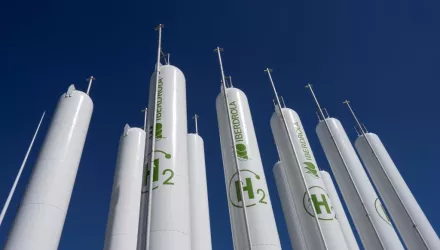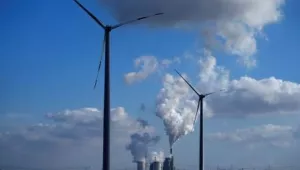Energy Policy Seminar: "Introducing the Salata Institute" and "The New Geopolitics of Energy"
Join us for the first Energy Policy Seminar of Fall 2022. James Stock, Harvard's Vice Provost for Climate and Sustainability and the Harold Hitchings Burbank Professor of Political Economy in the Faculty of Arts and Sciences, will provide an overview of the new Salata Institute for Climate and Sustainability. Meghan O'Sullivan, the Jeane Kirkpatrick Professor of the Practice of International Affairs and the Director of the Geopolitics of Energy Project at Harvard Kennedy School (HKS), will then discuss "The New Geopolitics of Energy."
HKS Professor Joe Aldy will moderate the seminar and Q&A. Buffet-style lunch will be served.
Attendance: In-person attendance is limited to Harvard ID holders. Members of the public are welcome to attend virtually via Zoom. For those who cannot attend live, the seminar will be recorded and available to watch on this page.
Accessibility: Persons with disabilities who wish to request accommodations or who have questions about access, please contact Liz Hanlon (ehanlon@hks.harvard.edu) in advance of the session.
Registration: Please RSVP at the link below. For those attending virtually, you will receive a confirmation email with a Zoom link. Registration will remain open until the event begins.



